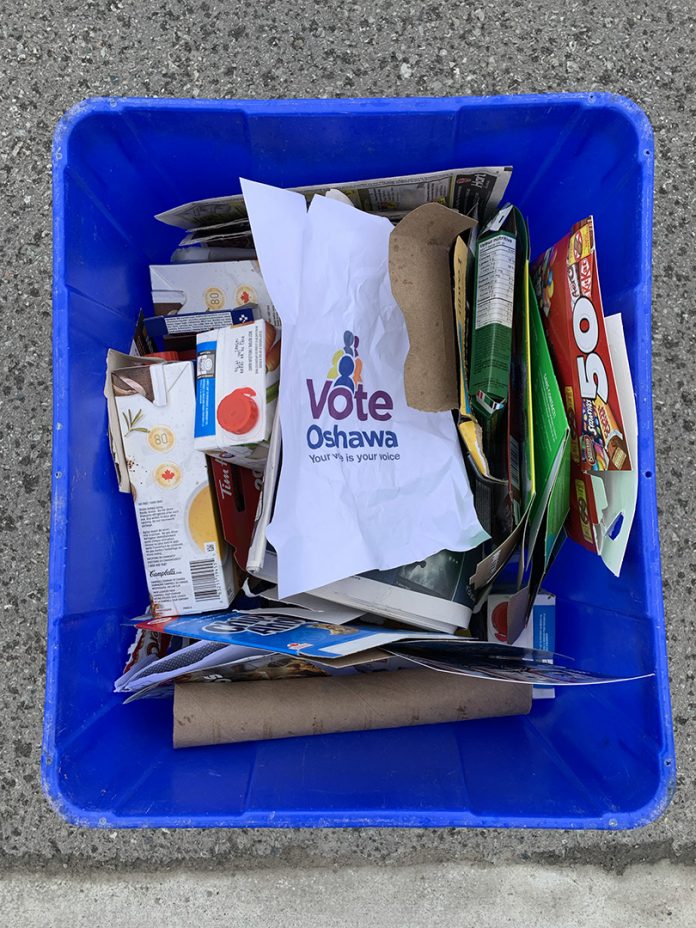Historically, fewer people in Ontario vote in local elections than in provincial or federal contests.
Trent University student Violet McNeil is one of them.
She worked the 2019 federal election but doesn’t plan to cast a ballot this Monday.
“I’m a lot more educated on federal and provincial, but haven’t had an interest in municipal elections,” she said. “I wouldn’t be able to make an educated vote.”
Andrea Lawlor, an associate professor in the department of political science at King’s University College at Western University in London, Ont., estimates the turnout this year to be somewhere in the 30 per cent range.
“We’ve seen advance polls in Toronto show decline in turnout,” she said. “So, if that’s a bit of an indicator about what’s coming, expect moderate turnout to low turnout.”
In 2018, 38 per cent of voters cast a ballot in local elections, while 43 per cent voted in 2014.
Yet, according the Association of Municipalities of Ontario, municipal governments provide residents with more than 20 services, including airports, libraries, public transit, child care and more.
Lawlor says it’s important to teach students about voting, specifically in the civics program offered in Ontario high schools.
“Once you’re a voter you’re a voter for life, but if you never get socialized into voting, you’re a non-voter for life,” she said.
The civics program teaches about the importance of voting but Lawlor said politicians also need to gear their message to younger audiences.
“If you get a candidate who goes out and courts that group, you’re much more likely to get them involved,” she said.
She adds that schools and politicians both have a role to play in getting people to care about municipal government.
“What do we owe to our community and how do we express our preferences about where our community should go in the future?” she said.
Polls are open in Oshawa from 10 a.m. to 8 p.m. on Oct. 24.




